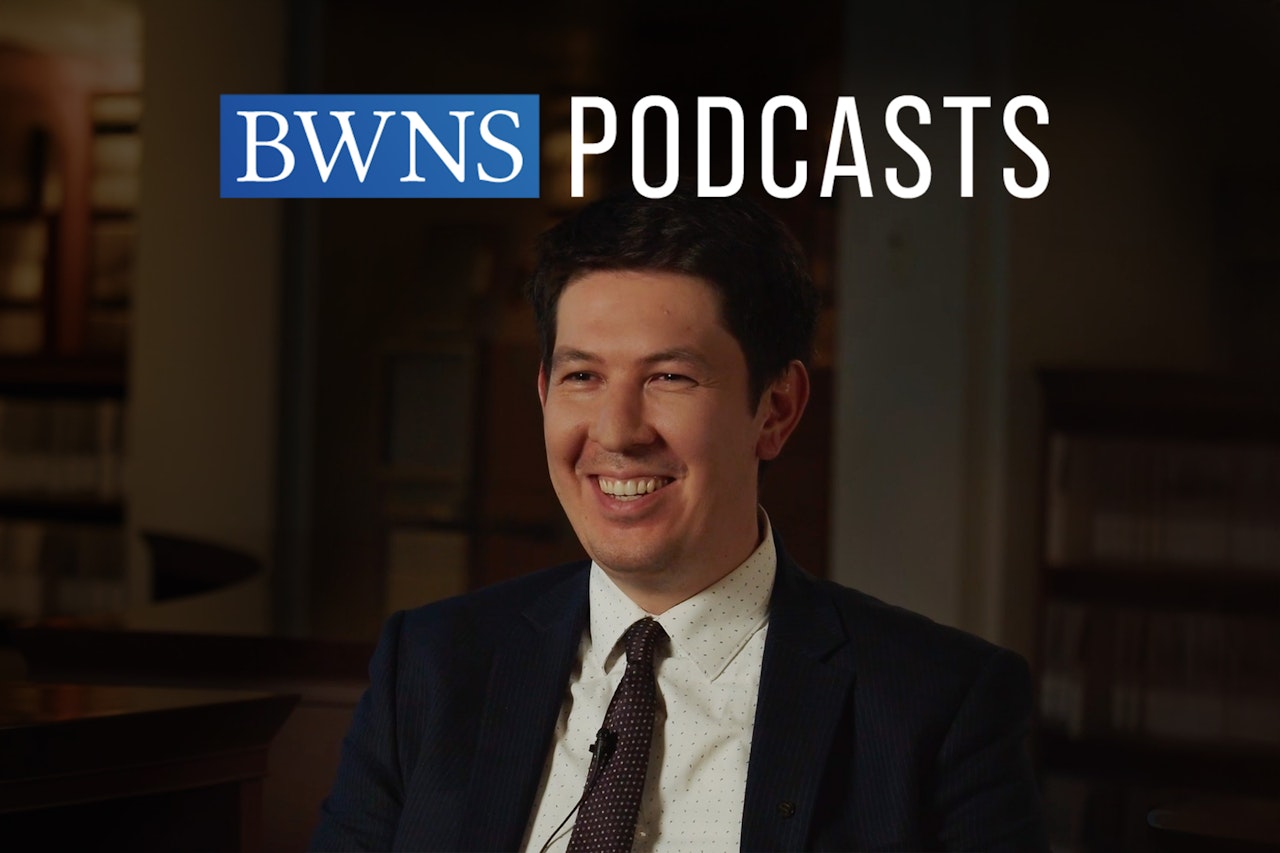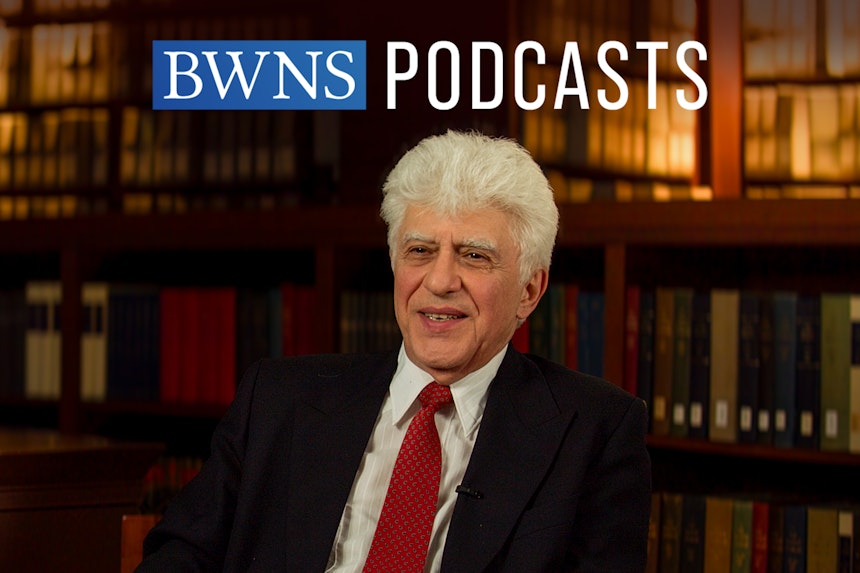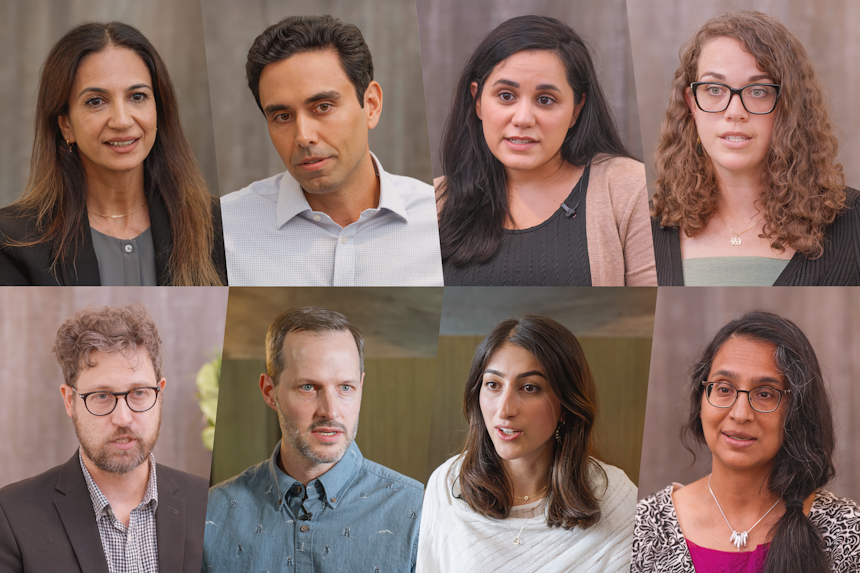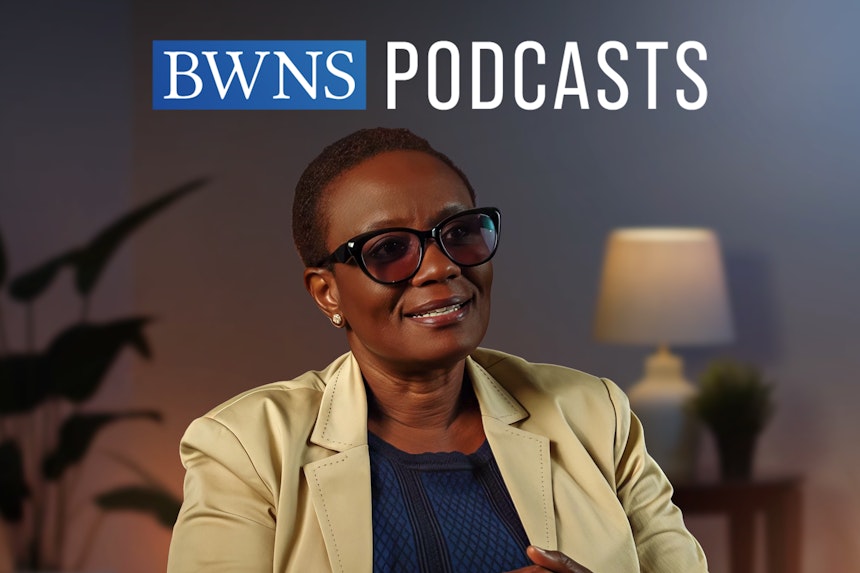BAHÁ’Í WORLD CENTRE — In a recent podcast episode from the News Service, Farrukh Rasulov, a member of the Bahá’í Office of Public Affairs of Uzbekistan, explores contributions of the Bahá’ís of that country to social progress over the past decades.
The Bahá’í Faith has been present in what is now Uzbekistan since the 19th century, when it was part of the same broader region as Ashgabat (in present-day Turkmenistan), where the first Bahá’í House of Worship was constructed under the guidance of ‘Abdu’l-Bahá. Around this temple emerged schools for both girls and boys, inspired by the Bahá’í principle of equality between women and men.
“We cannot achieve the unity of society without the education of one half of the population,” explained Mr. Rasulov.
Today, this commitment to education continues through Bahá’í moral and spiritual educational programs that enable participants to become more conscious of their spiritual identity and develop capacities for service to society.
Mr. Rasulov explained how these educational initiatives are having a profound effect throughout the country, particularly in makhallas—traditional neighborhood structures in Uzbekistan.
He shared an account of one such makhalla, where children who previously were divided by ethnic and linguistic differences have overcome their differences through their participation in Bahá’í community-building programs.
“After several years of participation in these programs, these children and youth no longer see divisions among themselves,” said Mr. Rasulov. “These programs help them better understand that they have a common spiritual identity.”
The educational programs offered by Bahá’í communities throughout Uzbekistan also engage many families through neighborhood festivals where children express their growing understanding of spiritual qualities through drama and other artistic presentations.
“This helps parents understand what principles their children are studying,” Mr. Rasulov explained.
“Parents also study these principles,” he continued, “and try to help their children practice spiritual qualities. They also strive to be models for their children—to be more spiritual, more just.”
For many years, through its Office of Public Affairs, the Bahá’ís of Uzbekistan have been contributing to national discussions about social progress, drawing on principles such as justice, the oneness of humanity, and the harmony of science and religion.
Mr. Rasulov explained how these principles can cast light on the root causes of social issues, such as the challenge of radicalization. “Religion tries to touch your heart, touch your soul in order to inspire good deeds. Science helps with rational thought. …We need both systems of knowledge... to address radical thinking and blind imitation.”
He added that an expanded conception of identity, based on the principle of the oneness of humanity, is essential in countering divisive forces in society.
“Sometimes there are false identities that promote… competition—‘I am better, you are worse.’ This kind of identity can be manipulated,” said Mr. Rasulov.
“That is why a national identity should… bind all people—we are all united, we are all one human family.”
Looking ahead, Mr. Rasulov conveyed hope for his country’s future development: “Our nation has a rich culture. I believe that our country will continue to progress in all spheres—in sciences, education, and both intellectual and spiritual advancement.”
The podcast episode is part of the “Insights from the Field” series, which explores Bahá’í efforts to contribute to social progress from the grassroots to the international level.






